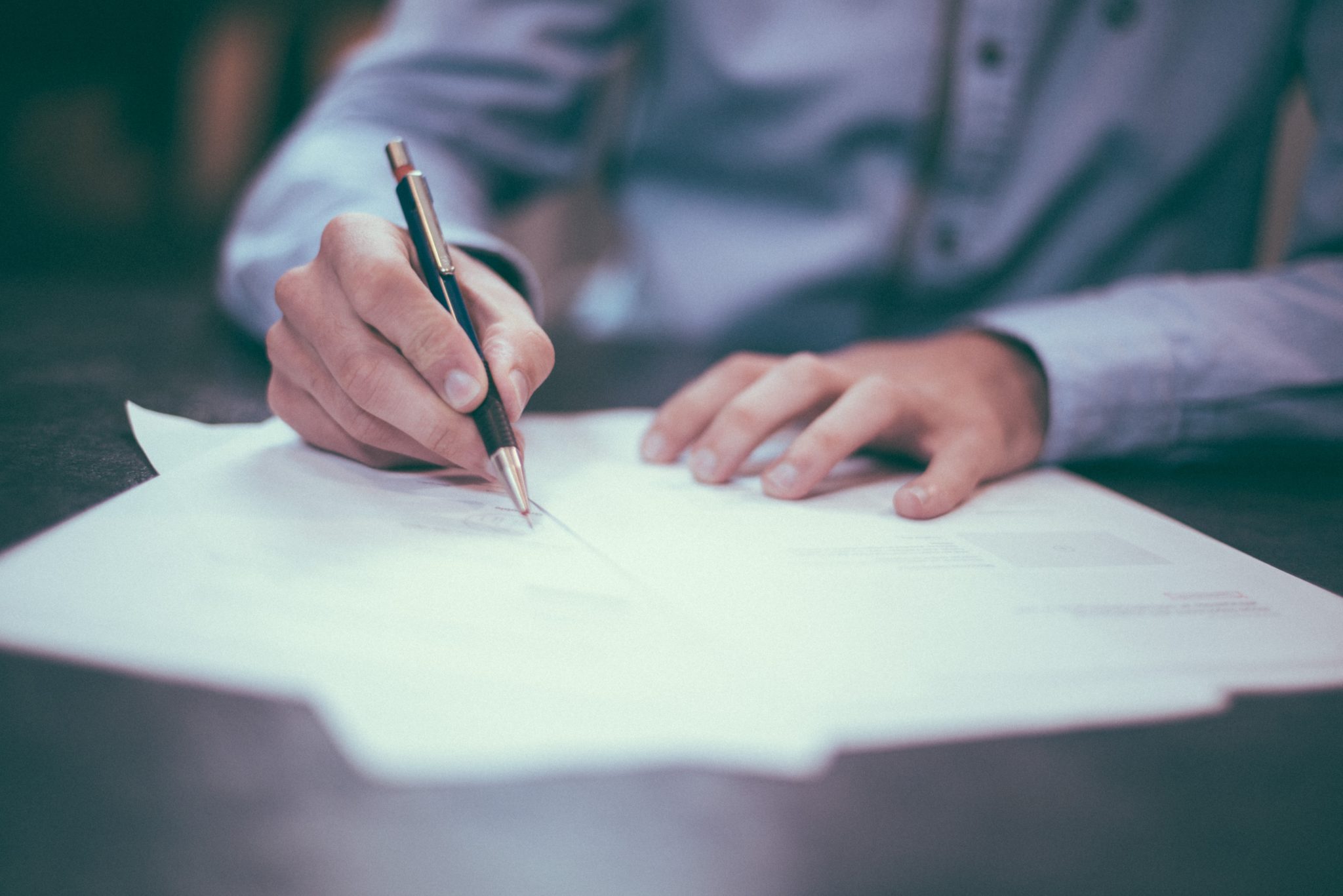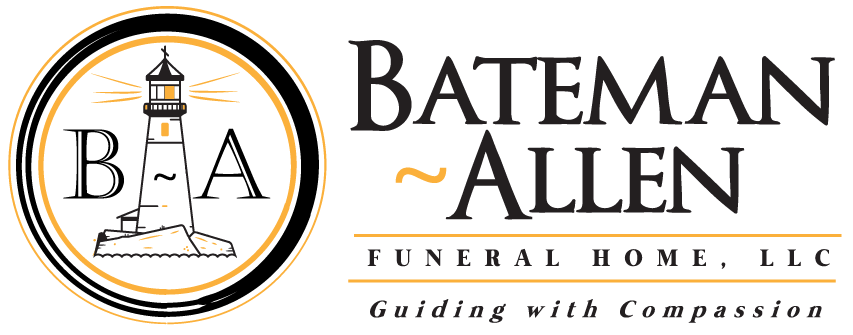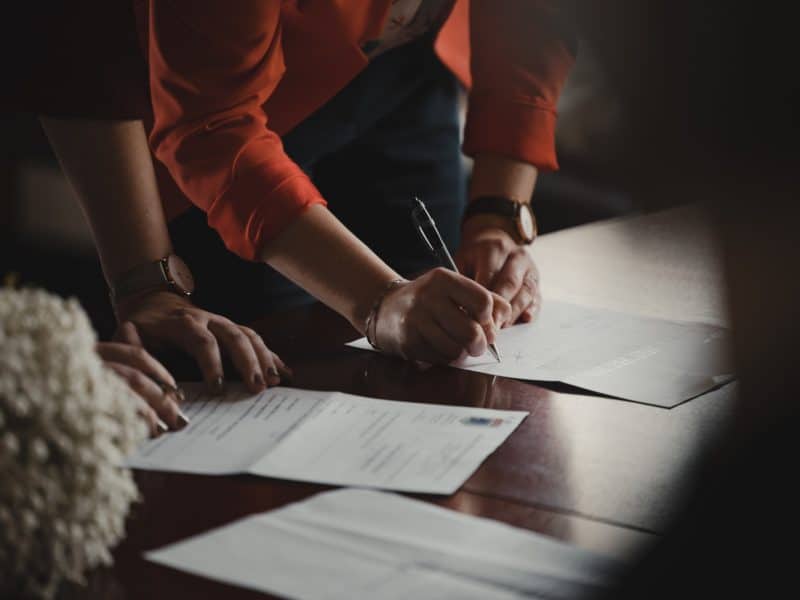
One of the hardest questions to ask is what to do when someone dies. It might seem that the work is done after you’ve celebrated and memorialized your loved one at the funeral or service, but that’s unfortunately not true.
Your loved one had a life filled with responsibilities, like monthly bills, retirement planning, a home, a vehicle, and countless other considerations. These things don’t automatically cease when a person dies and it falls to family and friends to close accounts and finalize other financial and legal concerns. Knowing where to start can help.
After you’ve taken time to honor and celebrate the life of your loved one, there are still tasks to be completed. This post-funeral checklist is intended to be a guide, but it’s certainly not an exhaustive list, especially if your loved one had several accounts or accounts they did not disclose to you.
What to Do When Someone Dies Checklist: Consult with the Professionals
One of the first things you should do after funeral services are over, if you haven’t already, is to consult with your loved one’s attorney(s), accountant(s), and financial planner(s).
These professionals might have information that you do not. For instance, they might know of additional insurance policies your loved one maintained. Or of investment accounts they didn’t talk to you about. Or even if your loved one was married to someone a long time ago and then estranged. Believe it or not, circumstances like this happen more often than we think.
What to Do When Someone Dies Checklist: Get a Copy of the Death Certificate
In order to close accounts and do other necessary housekeeping tasks, you might be required to present proof of your loved one’s death. It might be one of the hardest things to do when someone dies, and it might seem callous and uncaring for service providers to ask for this bit of proof during such a vulnerable time, but knowing about it ahead of time can help with that frustration.
Most utility accounts, including cable and internet service providers, phone companies, and utility services will require a copy of the death certificate as well as various forms to discontinue service and/or transfer service to another person’s name. The latter can be especially important if someone will continue to live in your loved one’s home after the funeral.
Other accounts that people sometimes overlook include the local library. It’s a good idea to check your loved one’s home for books and other materials that need to be returned and to contact the library to have your loved one’s card canceled.
The same is true of other forms of memberships, such as the gym. You should also cancel any outstanding insurance policies, subscription services, and automated charitable contributions.
What to Do When Someone Dies Checklist: Government Paperwork and Employment Concerns
If you are entitled to any Social Security benefits after your loved one’s death, you should gather the necessary paperwork and complete the appropriate forms. A knowledgeable financial planner can help you with this, but there’s also information online to help familiarize yourself with what benefits might be available to you after the death of a loved one.
If your loved one was a veteran, you’ll want to report their passing to the Veterans Administration. You should also report their death to the Social Security Administration.
You’ll also want to forward your loved one’s mail to the person taking care of all accounts until they are closed and inactive.
Finally, you should contact your loved one’s employer to determine if there is a final paycheck or benefits that should be paid out to the estate.
What to Do When Someone Dies Checklist: The Estate
It will take a couple of weeks, but meeting with the executor of your loved one’s will or with their attorney for a reading of their will will help you understand the scope of their estate. Some people won’t need an attorney; that might be because the deceased didn’t’ have assets to distribute. Or it might be because the assets were sentimental but without significant monetary value.
But if your loved one left money or significant assets upon death, having an estate attorney can help navigate the court system. Having an impartial advocate can also help mitigate heightened emotions if a family member feels slighted by their inheritance (or the lack thereof).
You might also consider hiring a CPA. This is especially true if your loved one left an inheritance, but it’s also true just so that a final tax return can be prepared and submitted when it’s time. This will take the task off your plate and give you more space for grieving.
What to Do When Someone Dies Checklist: Cleaning Out the Home
If your loved one shared a home with a significant other or family members, those folks will likely take care of this step. But if your loved one lived alone, or if there are different circumstances, making sure their home is cleaned and properly taken care of is an important thing to do after someone dies. That might mean ending a lease, or it might mean listing it for sale. If it’s the latter, you’ll want to work with a reputable real estate agent familiar with selling a home after the death of the owner.
When cleaning out the home, it’s smart to consider what might be kept and distributed to other family members. Some people opt to invite loved ones and friends to the home to choose mementos or other memorabilia that they might want to keep. Others will distribute belongings alone, determining what should go to whom either because they’ve talked with their loved one prior to death, or they remember conversations about certain items.
If there are things left that people do not want, it’s time to consider what to do with the remainder of your loved one’s belongings. Some areas offer a bulk pick-up service that can be scheduled if you want to throw it all away. If you’re concerned about the environment and want to donate your loved one’s household goods to a charity, this is a good place to start.
What to Do When Someone Dies Checklist: Social Media
When you’re thinking about what to do when someone dies, don’t overlook social media accounts. If your loved one had an online presence, you’ll want to access those accounts. Your loved one may have set up parameters for this prior to their death; they may have included information in their living will or left notes at their desk with passwords and other account information.
If they did not, you’ll need to decide if those accounts should be closed or, if the option exists, turned into online memoriam pages. Each platform had different rules and different options, but generally speaking, you should be prepared with the following:
- Account information (login ID and password, email used to sign up, handles, etc)
- Proof of death (death certificate or copy of obituary)
- Proof of your identity (your state ID or driver’s license)
- Proof of your relationship to the deceased (birth or marriage certificate, copy of will, etc)
These are just a few of the things to consider in the days and months following a funeral. To discuss your particular needs, please reach out. We’re here and always ready to help.




Recent Comments